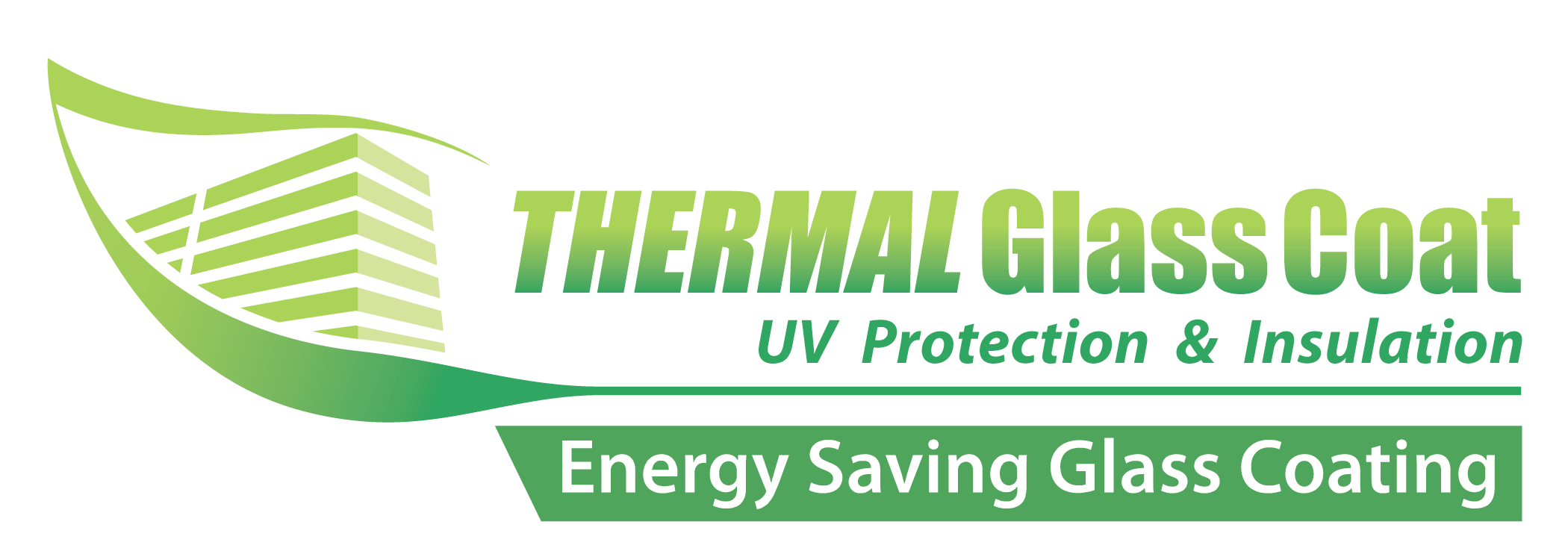
Understanding Common Furnace Smells: What Homeowners Need to Know
As the winter chill settles in, many homeowners are cranking up their furnaces for the season. However, it's not uncommon for furnaces to emit unusual odors, and while some can be harmless, others can signal a serious issue. Understanding these smells can ensure that your home remains safe and comfortable.
Dusty or Musty Smell: Seasonal Reality
Upon firing up your furnace for the first time after a long summer, a dusty or musty smell may waft through your home. This often stems from dust accumulation within the furnace or ductwork.
Fortunately, it usually dissipates within a few hours. If lingering, it might be wise to change your air filter and schedule an inspection for a more thorough duct cleaning.
Burning Smell: When to Worry
A brief burning odor when starting your furnace is often harmless, typically resulting from dust burning off the heat exchanger. But if the aroma persists or intensifies, it could indicate a malfunction such as an overheating motor or a clogged filter. Turn your furnace off immediately and consult a professional HVAC technician.
Dangerous Gas Leak? Recognizing a Rotten Egg Smell
A smell reminiscent of rotten eggs is one of the most alarming signs a homeowner can encounter. This distinct scent is added to natural gas for safety and is an indicator of a potential gas leak. Should you detect this smell, evacuate the area, turn off the gas supply, and contact emergency services or your gas company without delay.
Electrical or Metallic Smells: A Serious Concern
If you notice a metallic odor, it may suggest overheating wiring or a cracked heat exchanger. This type of smell should never be ignored. Cut off your furnace immediately and call an HVAC professional to investigate and fix the issue to prevent potential fire hazards.
Chimney-Like Smell: Watch Out for Backdrafts
A scent similar to that of a chimney may indicate dangerous backdrafts from the exhaust system, allowing toxic fumes to seep into your home instead of venting outside. This situation can lead to carbon monoxide poisoning—a serious health risk. Turn off the furnace and seek professional help if you smell this odor.
Moldy or Mildew Smells: Time for Inspection
Finally, if you detect a moldy or mildew smell, it could suggest moist conditions fostering mold growth in your heating system. This scenario typically calls for immediate inspection and cleaning by professionals, and installing a dehumidifier may help maintain optimal moisture levels moving forward.
Conclusion: Don’t Ignore the Signs
Recognizing and addressing unusual furnace odors is crucial in maintaining not only energy efficiency but also the safety of your home. If you are experiencing any of these smells, consider reaching out to HVAC professionals for careful evaluation and necessary repairs.
 Add Row
Add Row  Add Element
Add Element 



Write A Comment